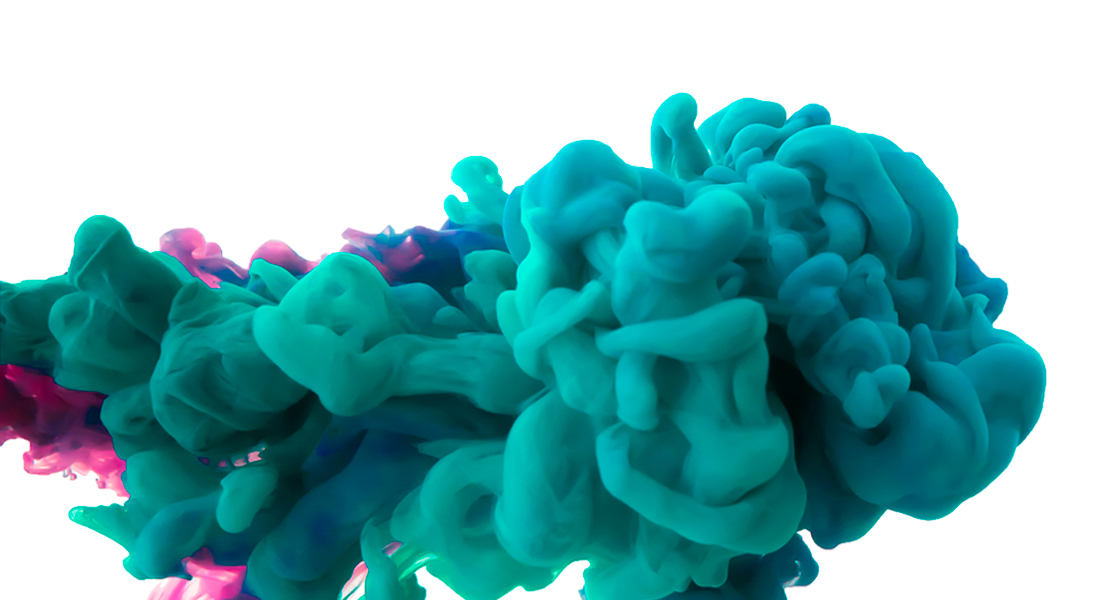The Radical Inductiveness of Machine Learning

SODAS Lecture Series: Mixed Methods
It has been noted by many that digital data affords new ways of combining data sources and methods, especially across the qualitative and quantitative divide. Many forms of digital data allow the researcher to reconstruct a detailed account of both the context and content of social interaction, while at the same time allowing for inquiry into aggregated patterns at the level of populations. This allows close integration of qualitative and quantitative modes of inquiry - something which has led to excitementaround the social sciences and related disciplines. Social scientists have combined qualitative in-depth text analysis with automated machine learning to make interpretatively valid and large scale inference about the dynamics of culture. Others have combined sensory data from mobile phones together with participant observation to investigate technology use, party sociality and more. These promising new ways of combining methods have jet to be formulated into paradigmatic methodologies and many of the problems and potentials are yet to be unpacked. In this SODAS spring lecture series we have invited a series of speakers to address various aspects of mixing methods in the digital age, through either methodological arguments or exemplar mixed methods studies.
Laura K. Nelson is an assistant professor of sociology at Northeastern University where she is core faculty at the NULab for Texts, Maps, and Networks, is affiliated faculty at the Network Science Institute, and is on the executive committee for Women’s, Gender, and Sexuality Studies. She was previously a postdoctoral fellow at the Berkeley Institute for Data Science and Digital Humanities @ Berkeley at the University of California, Berkeley, and for the Management and Organizations Department at Northwestern University, where she was also affiliated with the Northwestern Institute on Complex Systems (NICO). She uses computational tools, principally automated text analysis, to study social movements, culture, gender, institutions, and organizations. She has published in Sociological Methods and Research, Sociological Methodology, Oxford University Press, and Springer, among other outlets, and has given talks and workshops on computational methods across the United States and internationally.
Abstract
Machine learning is often framed in the social sciences as a more sophisticated way to do regression analysis. In this talk I argue that this is an epistemological distortion: the mathematical assumptions behind machine learning are much closer to the epistemology of inductive methods than they are to the deductive requirements of regression analysis. Using examples from my own research, I show that machine learning can not only be used in qualitative and interpretive research, it is, down to its most basic assumptions, a radically inductive method.
The SODAS Data Discussion will take place in Zoom from 11.00 am to 12.30 pm.
